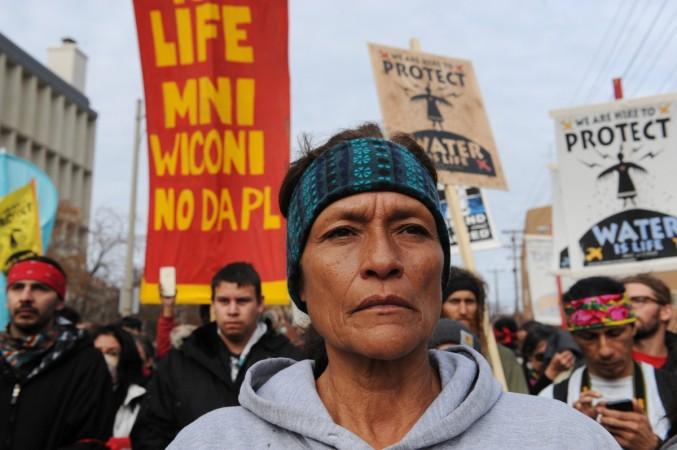
United States President Donald Trump on Tuesday (January 24) signed orders clearing path for the controversial Keystone XL and Dakota Access oil pipelines. The move resonates Trump's plans to expand the energy infrastructure and is set to roll back important environmental actions taken by the previous Barack Obama administration.
The order is set to benefit the oil producers in the state of North Dakota and Canada as the pipeline in the region will provide them with a quicker route for crude oil to reach the US Gulf Coast refineries. However, Trump's orders marked a huge defeat for the native Standing Rock Sioux tribe which, along with climate activists, has been protesting against the project since 2014. The protesters had successfuly blocked the project last year and have now vowed to take the legal route.
Dakota Access Pipeline: What you need to know
The issue gained momentum last November when thousands of protesters, including the Native Americans, gathered in North Dakota in an attempt to block the 1,200-mile long project. The protesters cited that the pipeline would travel underneath the Missouri River which is the primary source of drinking water for the tribe and can get contaminated. The Standing Rock Sioux tribe has also said the pipeline traverses a sacred burial ground.
Trump, before assuming his office, had said that the Dakota pipeline should be completed and that he would revive the C$8 billion ($6.1 billion) Keystone XL project. The project was rejected by former president Obama in 2015.
The imports of US crude oil have significantly decreased over the recent years following the boom in domestic production. However, the US still relies heavily on oil imports, considering it is the world's largest oil consumer.
"It goes to show we as a nation build infrastructure that is part of a comprehensive energy plan to make our energy secure," Republican Senator John Hoeven of North Dakota told Reuters.
The Standing Rock Sioux tribe released a statement on Tuesday stating that it would now fight the orders through a legal battle.
"Americans know this pipeline was unfairly rerouted towards our nation and without our consent. The existing pipeline route risks infringing on our treaty rights, contaminating our water and the water of 17 million Americans downstream," Chairman of the Standing Rock Tribe Dave Archambault II said.










